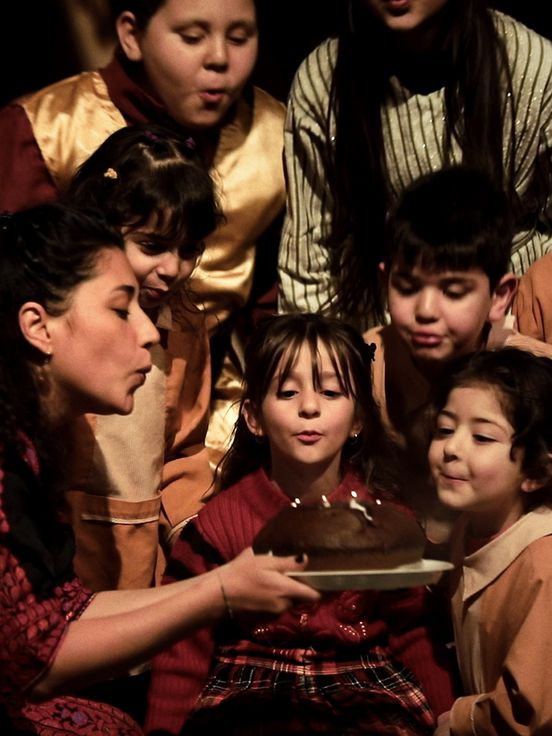Al Intithar (2013, 30 Min.)
The first part, “Al Intithar”, centres on Ekhlas Alhlwani, who was forced to flee Syria with her three children and now lives in Zaatari, a refugee camp in the Jordanian desert. Rizzi spent seven weeks observing her daily life, which is devoid of any prospects. He shows how Alhlwani makes every effort to establish some kind of normality for her family despite the difficult camp conditions. Although the political situation is rarely mentioned explicitly, the film vividly conveys the cruelty of war, and especially the state of uncertainty and rootlessness to which refugees are exposed.

